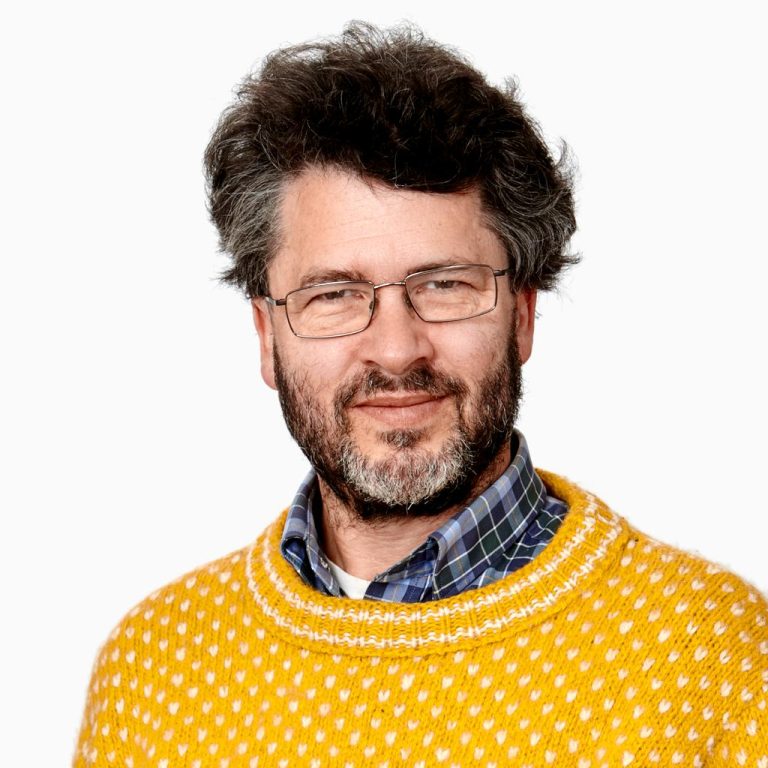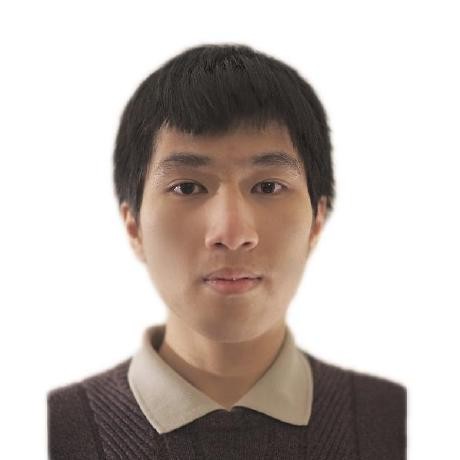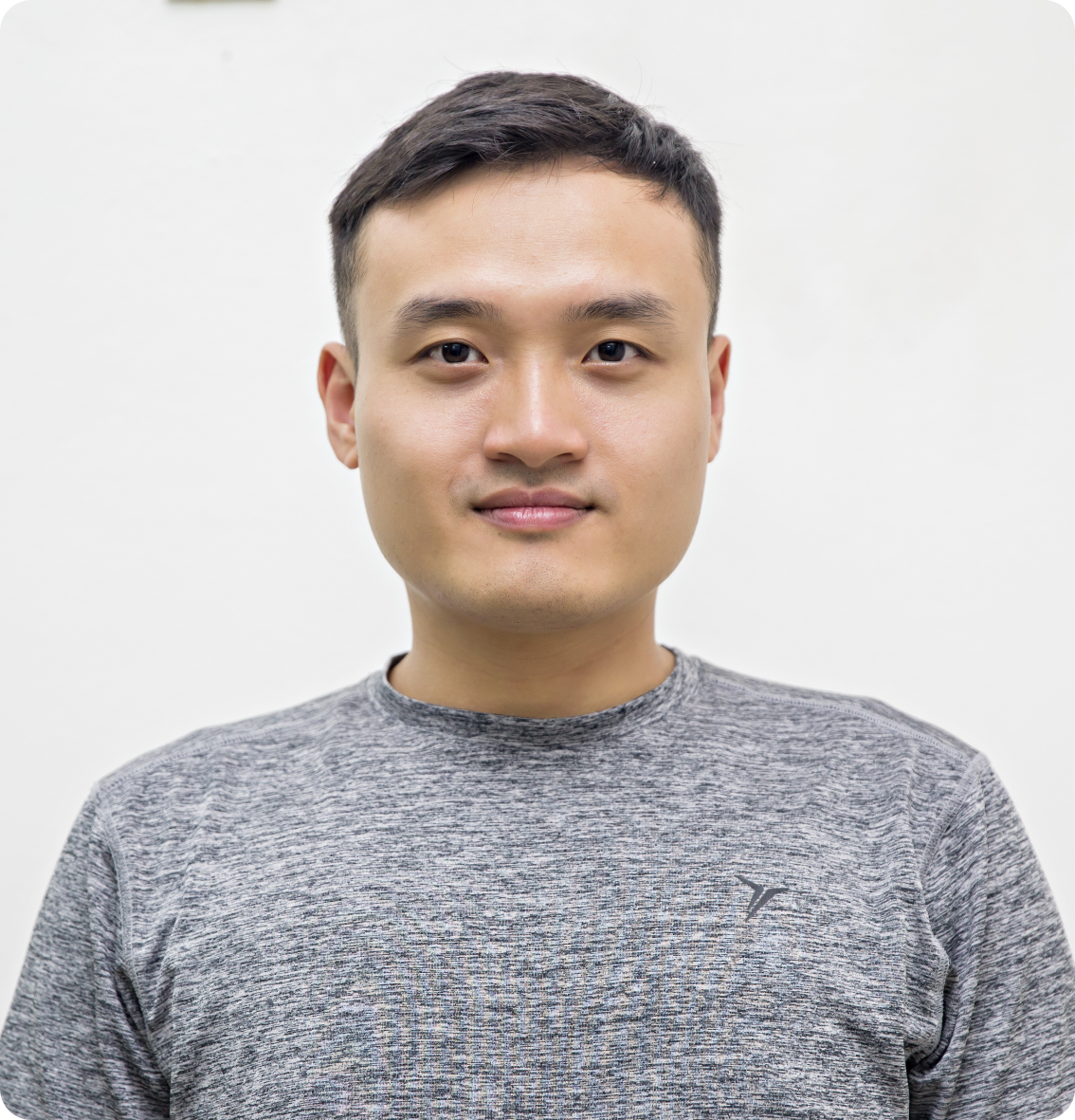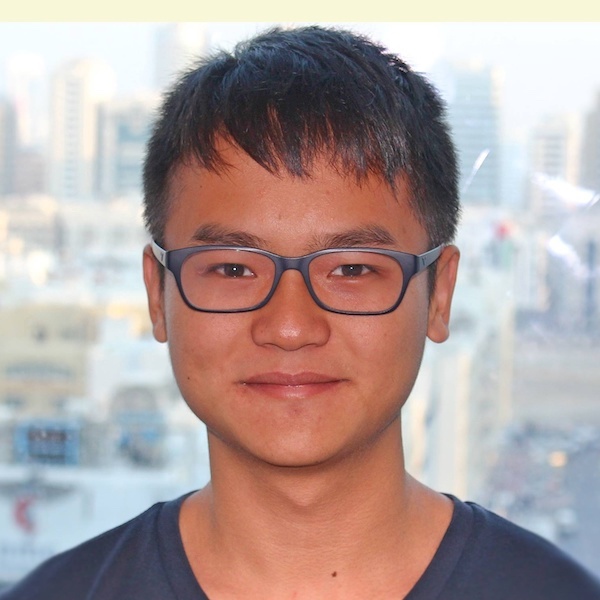A View in Old & New Machine Learning

Wray Buntine
Wray Buntine is a full professor at Monash University in February 2014 after 7 years at NICTA in Canberra Australia. At Monash he was foundation director of the Master of Data Science, and is directory of the Machine Learning Group. He was previously at Helsinki Institute for Information Technology where he ran a semantic search project, NASA Ames Research Center, University of California, Berkeley, and Google. In the ’90s he was involved in a string of startups for both Wall Street and Silicon Valley. He is known for his theoretical and applied work and in probabilistic methods for document and text analysis, social networks, data mining and machine learning. He is on several journal editorial boards and is senior programme committee member for premier conferences such as IJCAI, UAI, ACML and SIGKDD. He has over 150 academic publications, several software products and two patents from his Silicon Valley days.
Something Old: In this talk I will first describe some of our recent work with hierarchical probabilistic models that are not deep neural networks. Nevertheless, these are currently among the state of the art in classification and in topic modelling: k-dependence Bayesian networks and hierarchical topic models, respectively, and both are deep models in a different sense. These represent some of the leading edge machine learning technology prior to the advent of deep neural networks. Something New: On deep neural networks, I will describe as a point of comparison some of the state of the art applications I am familiar with: multi-task learning, document classification, and learning to learn. These build on the RNNs widely used in semi-structured learning. The old and the new are remarkably different. So what are the new capabilities deep neural networks have yielded? Do we even need the old technology? What can we do next? Something Borrowed: to complete the story, I’ll introduce some efforts to combine the two approaches, borrowing from earlier work in statistics.




